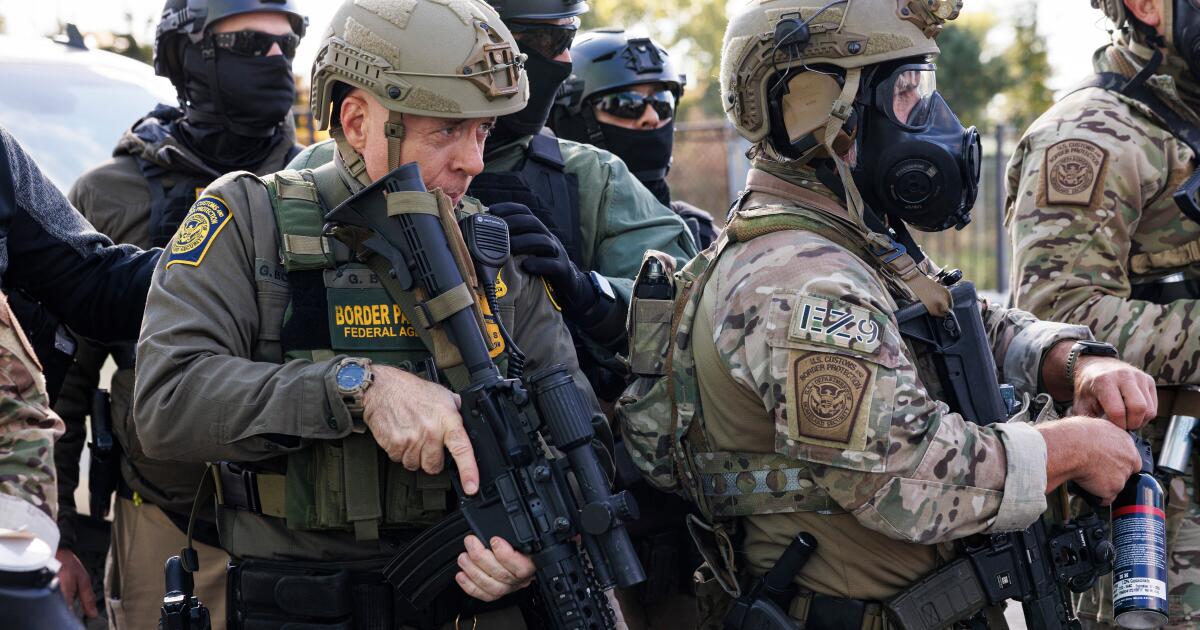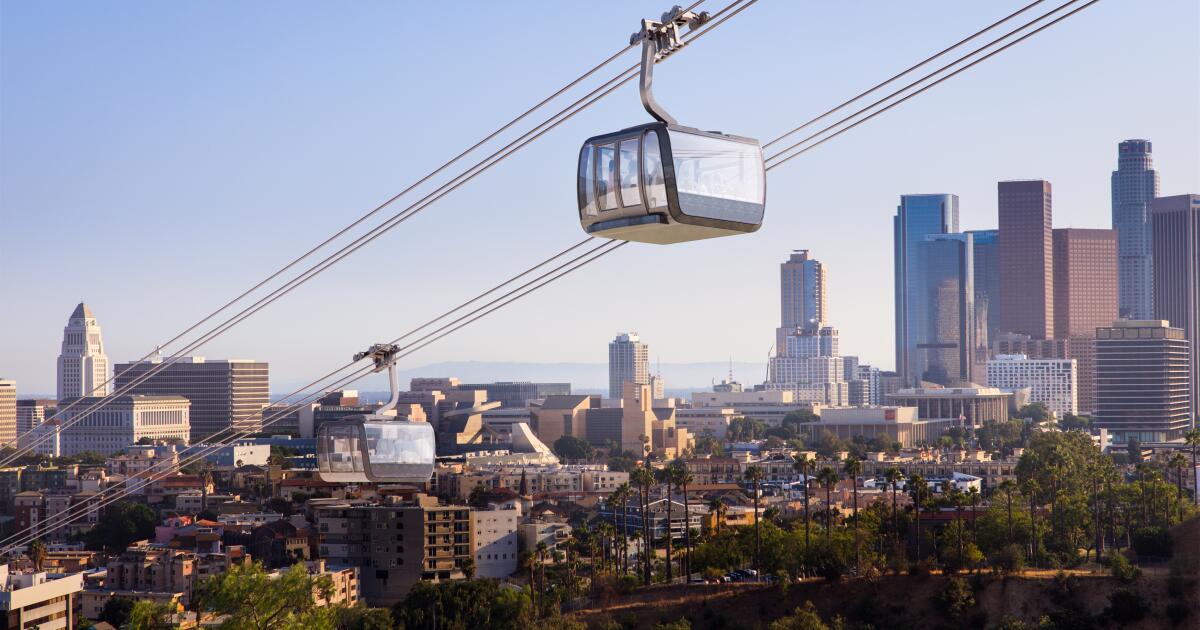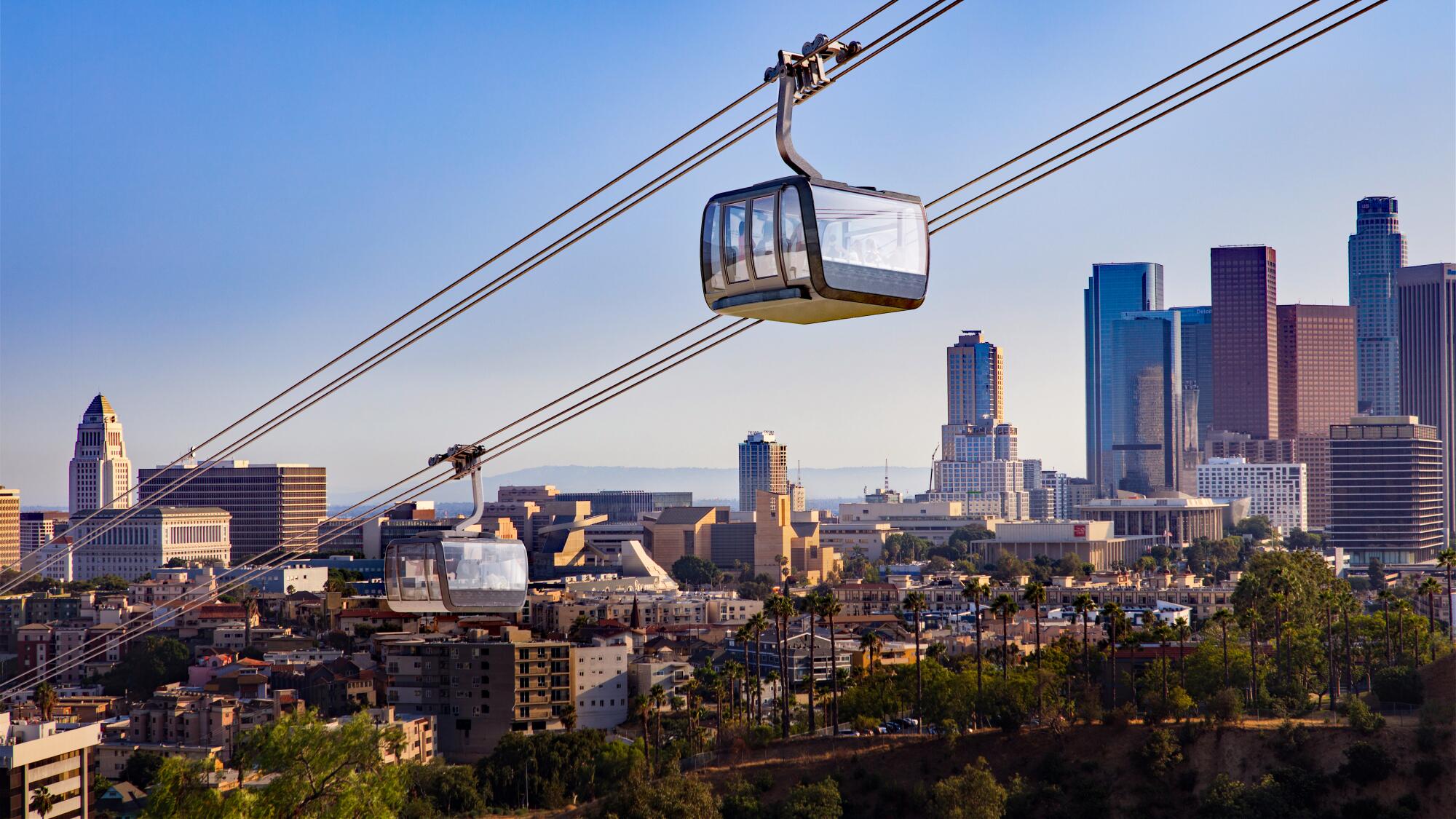As federal agents ramp up Chicago immigration crackdown, more elected officials caught in crosshairs
CHICAGO — Hoan Huynh was going door to door informing businesses of ramped-up immigration enforcement on Chicago’s North Side when the Democratic state lawmaker got an activist notification of federal agents nearby.
He followed agents’ vehicles and then honked to warn others when he was pulled over. Masked federal officers pointed a gun at him and a staffer, attempted to break his car window and took photos of their faces before issuing a warning, he recounted.
“We were nonviolent,” Huynh said of Tuesday’s incident, part of which was captured on video. “We identified ourselves as an elected official and my hands were visible.”
As the Trump administration intensifies an immigration crackdown across the nation’s third-largest city and its suburbs, elected officials in the Democratic stronghold have been increasingly caught in tense encounters with federal agents. Members of the Chicago City Council and their staffers as well as state legislators and congressional candidates report being threatened, handcuffed and detained in recent days.
The tense political atmosphere comes as President Trump has vowed to expand military deployments and jail Gov. JB Pritzker and Mayor Brandon Johnson — both Democrats — over immigration policies the Republican claims protect criminals.
Illinois Democrats deem the actions to be scare tactics and a calculated acceleration. The clashes, amid constant arrests of immigrants and protesters, have emerged as a top campaign issue in the state’s March primary, where an unusually high number of congressional seats are open.
“This is an escalation with the interests of creating fear and intimidation in my community and in all of Chicago,” said Alderman Mike Rodriguez, whose ward includes heavily immigrant and Latino neighborhoods.
During an enforcement operation Wednesday in the city’s Mexican enclave of Little Village and adjacent suburb of Cicero, at least eight people, including four U.S. citizens, were detained, he said.
Two of those citizens work in his office, including Chief of Staff Elianne Bahena, and were held for hours, he said. Bahena also serves on an elected police accountability council. Rodriguez said they did nothing wrong but didn’t offer details.
“Trump sent his goons to my neighborhood to intimidate, and in the process of helping people out, my staff got detained,” he said Thursday amid continued federal presence in Little Village. Among other things, agents deployed chemical agents and detained a 16-year-old, activists and elected officials said.
Though the operation’s focus has been concentrated in Latino neighborhoods and suburbs, federal agents have been spotted all over the city of 2.7 million and its many suburbs. Word of pedestrian and traffic stops outside schools, stores, courts and an O’Hare International Airport parking lot used by rideshare drivers have triggered waves of frustration amid the city’s active immigrant rights network and residents who follow vehicles, blow warning whistles and take videos.
The Department of Homeland Security has defended its operations, including the detention of U.S. citizens, saying they are temporarily held for safety. The agency, which didn’t answer questions about Rodriguez’s staff, accused Huynh of “stalking” agents.
Homeland Security Assistant Secretary Tricia McLaughlin said agents had to assess whether he was a threat.
“This behavior is unbecoming of a public servant and is just another example of sanctuary politicians putting our officers at risk,” she said in a statement.
Also this week, City Council member Jessie Fuentes filed a federal tort claim seeking $100,000 in damages after agents grabbed and handcuffed her this month at a hospital. She said she was checking on a person who was injured while being pursued by immigration agents and asked for a signed judicial warrant on the person’s behalf. She was handcuffed and let go outside the hospital. She wasn’t charged.
“It is indeed a frightening time when unidentified federal agents shove, grab, handcuff and detain an elected official in the exercise of her duties,” said Jan Susler, Fuentes’ attorney.
Huynh, who was elected to the Illinois House in 2022, is running for Congress to replace retiring U.S. Rep. Jan Schawkosky, among four open House seats in safely Democratic territory. Other candidates in the crowded primary have also publicized their opposition outside a federal immigration processing center, including Kat Abughazaleh, who was thrown on the ground by federal agents as she protested.
For Huynh, who came to the U.S. in the 1990s from Vietnam and was granted political asylum, the feeling is familiar.
“My family came as refugees from the Vietnam War, where people were being picked up by the secret police all the time. We believed in the American ideal of due process,” he said. “It is very concerning that in this country right now and very disturbing right now that we are living under this authoritarian regime.”
Tareen writes for the Associated Press.


